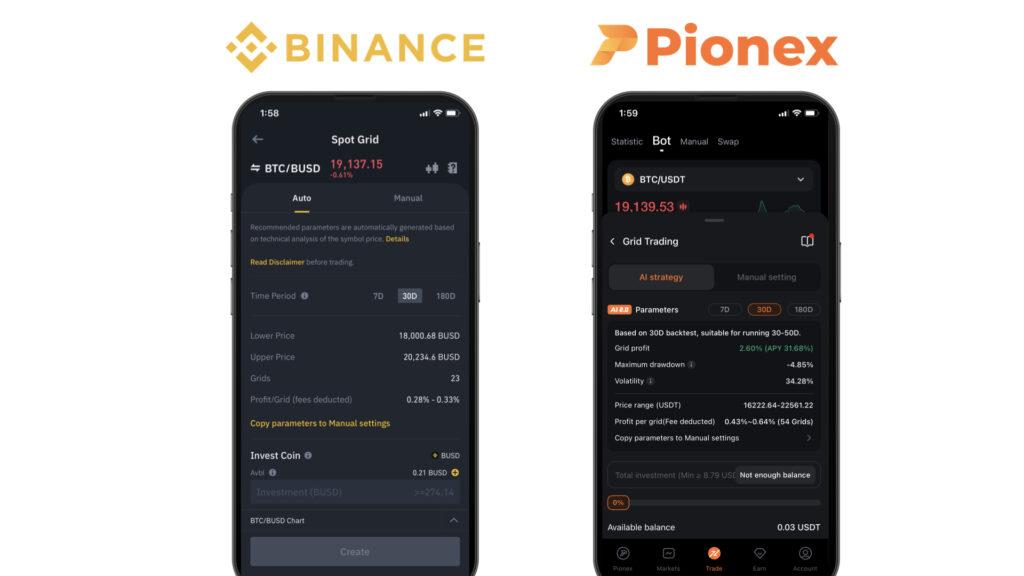Do you have any personal debt?
If you’re like the average American, the answer isn’t just a resounding yes. You’re also probably staring at a staggering amount of debt – $90,460
Keeping tabs on one credit account is hard enough if you aren’t in a good financial position. Having multiple credit accounts can throw you into major financial distress.

Lucky for you, there’s an option to combine most or all of your debts into one loan in a process called debt consolidation. But what does debt consolidation do to your credit score?
Keep reading to learn more.
How Debt Consolidation Works
Before we dive into the effect debt consolidation has on your credit, it’s important to understand how it works.
Let’s say you’ve got multiple credit cards, each charging a different rate.
When you consolidate these balances into one loan, you’ll use the money from the loan to pay off all your existing credit card balances. Now you’ll have one credit account to deal with, assuming you don’t have any other type of loan.
Technically, this is using debt to pay the debt. The advantage is you’ll certainly get a better interest rate (and possibly a longer repayment period) than the average rate of all the consolidated loans. Consequently, you’ll save money.
When looking for a debt consolidation loan, be sure to use a legit debt consolidation service. This way, you’ll enhance your chances of getting a good deal.
What Does Debt Consolidation Do to Your Credit Score?
Debt consolidation will affect your credit in various ways. Some of these ways are beyond your control and others are firmly within your control.
Here’s a lowdown:
The Debt Consolidation Loan Application
When you apply for credit, most lenders will do a hard inquiry on your credit. Your score will fall a few points after every inquiry.
So, when you’re applying for a consolidation loan, your credit score is bound to fall, albeit marginally. However, if you make multiple applications, the few points will quickly add up and cause a tangible drop.
As such, be careful when applying for consolidation. Doing extensive research and using a consolidation loan service will ensure you don’t have to make many applications.
New Credit Account
Once your consolidation loan is approved, there will be a new credit account on your credit report. This will lower your credit score, but marginally.
Positive Payment History
A debt consolidation loan offers you a good opportunity to build a positive payment history. With a lower interest rate and a longer loan term, your monthly payments will be manageable.
As you make payments on time, you’ll rack up a strong history, which is what credit scoring systems want to see. Considering that payment history has a 35 percent impact on your credit score, expect to see a significant increase.
Debt Consolidation Can Help You Build Your Credit
In summary, what does debt consolidation do to your credit score? At first, it will lower your score a bit, but after you start repaying the loan, your score will increase substantially. How high the score goes really depends on your repayment discipline.
Keep reading our blog for more money and credit tips and advice.
Conclusion
In conclusion, debt consolidation can initially cause a slight decrease in your credit score due to the application process and the addition of a new credit account. However, as you make timely payments on the consolidation loan, it provides an opportunity to build a positive payment history, which can significantly improve your credit score over time. Therefore, while debt consolidation may have a temporary impact on your credit, it can ultimately contribute to strengthening your credit profile when managed responsibly.








